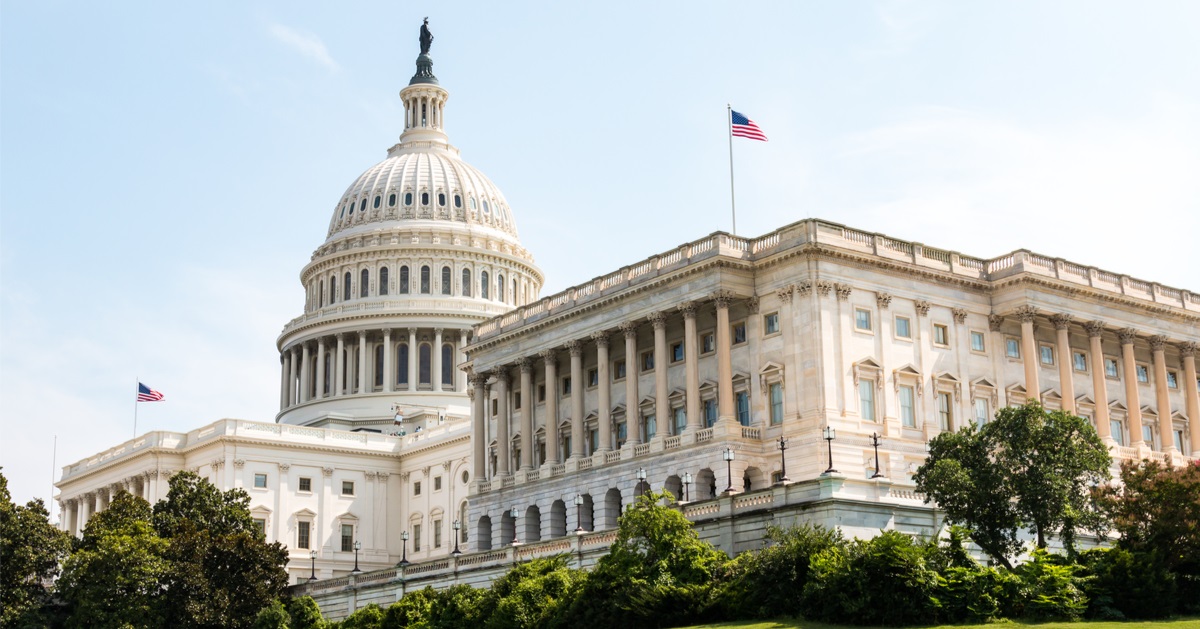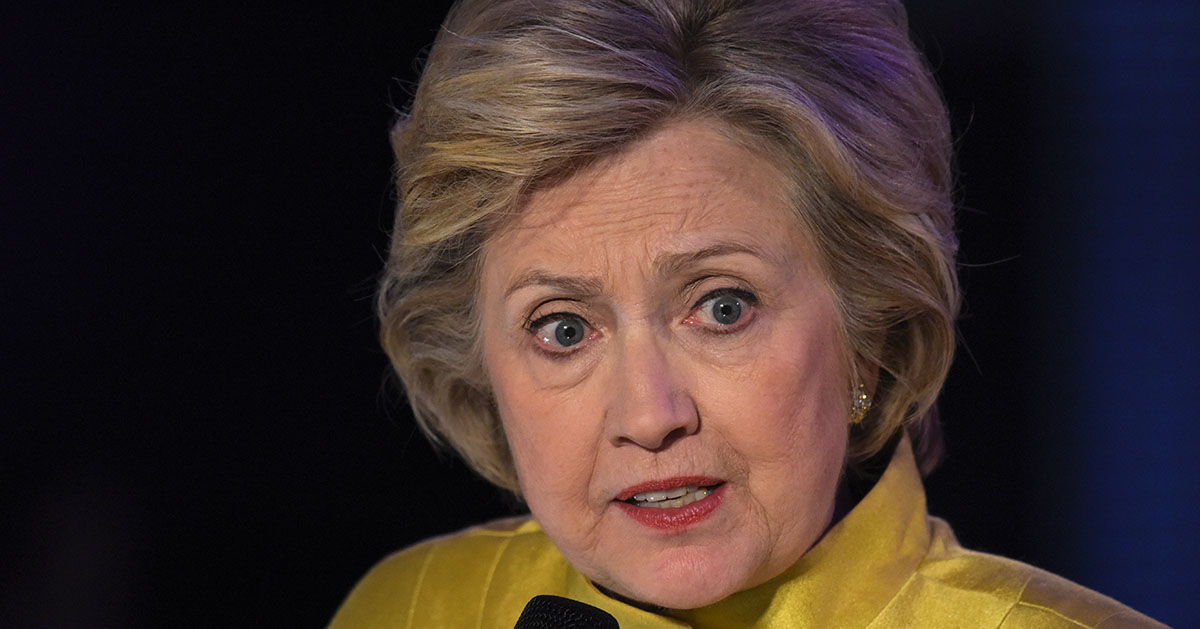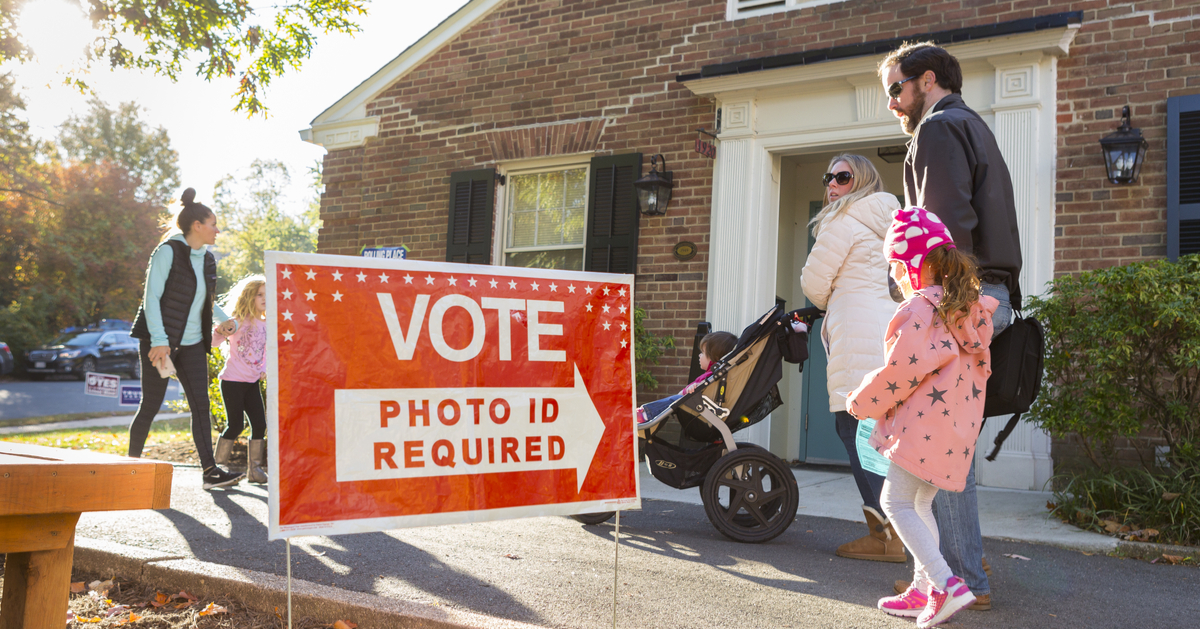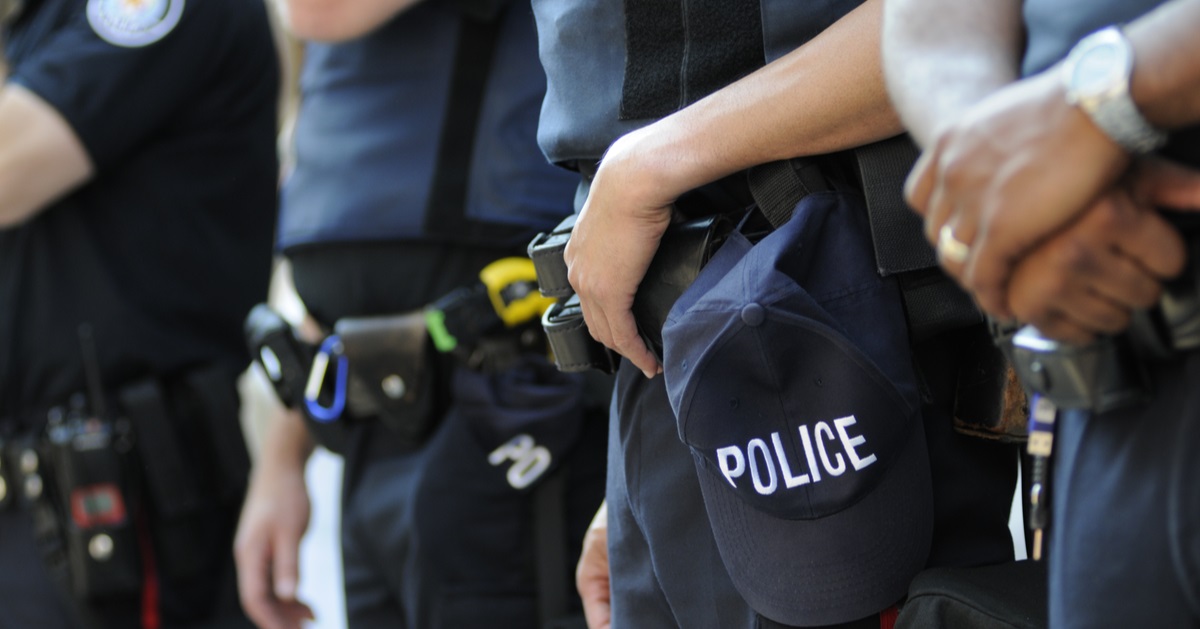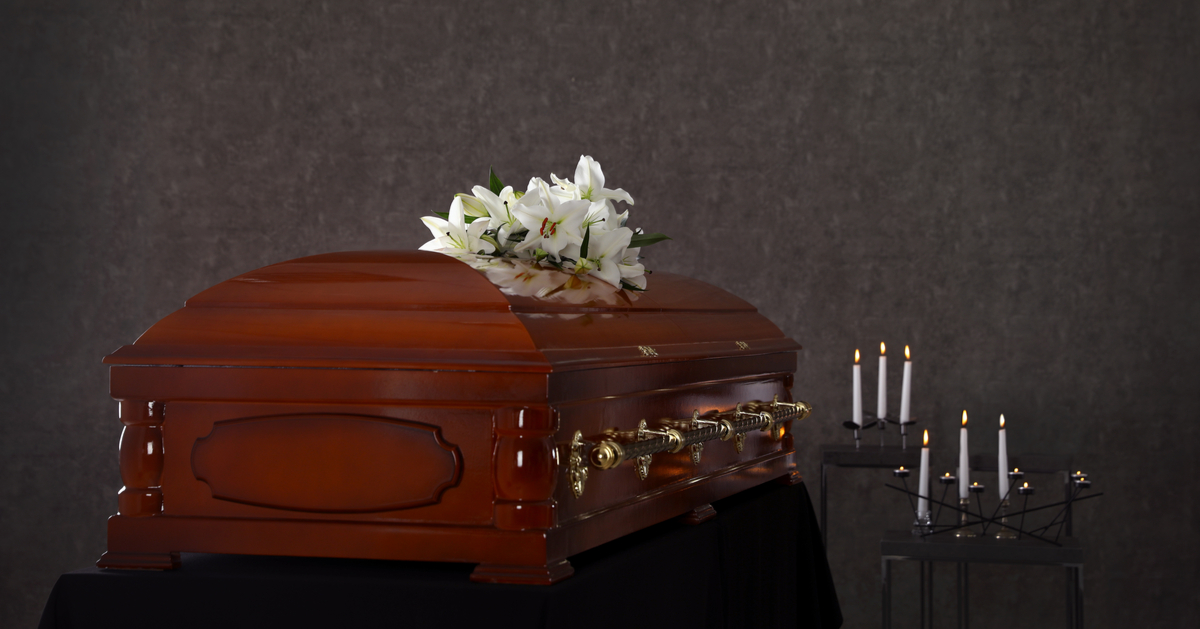Widespread anticipation ahead of Supreme Court's ruling on Trump immunity claim
The Supreme Court has made headlines in recent weeks for bringing down major rulings regarding gun rights and the use of expert testimony in criminal cases.
However, observers are still waiting to hear a decision over whether or not former President Donald Trump is immune from prosecution for actions he took following the 2020 election.
Defense: Prosecution would first require an impeachment conviction
According to The Hill, Trump's lawyers contend that a president can only face prosecution for crimes if he or she has first been tried and convicted following impeachment.
They thus maintain that since the Senate refused to convict Trump over his post-election conduct, Special Counsel Jack Smith is precluded from bringing charges in connection with it.
The former president's claim of immunity has thus far been met with skepticism from lower court judges, including the one presiding over his Washington, D.C. criminal trial.
In a 48-page decision released late last year, Judge Tanya Chutkan declared that having served occupied the White House "does not confer a lifelong 'get-out-of-jail-free' pass."
Appeals court says former president is now "citizen Trump"
"Former Presidents enjoy no special conditions on their federal criminal liability," the U.S. District judge went on to assert.
"Defendant's four-year service as Commander in Chief did not bestow on him the divine right of kings to evade the criminal accountability that governs his fellow citizens," she added.
A District of Columbia Circuit Court of Appeals three-judge panel came to a similar conclusion, writing, "For the purpose of this criminal case, former President Trump has become citizen Trump, with all of the defenses of any other criminal defendant."
"But any executive immunity that may have protected him while he served as President no longer protects him against this prosecution," the panel stressed.
Justices appear divided
"I'm trying to understand what the disincentive is from turning the Oval Office into, you know, the seat of criminal activity in this country," she was quoted as saying at one point during oral arguments.
However, Justice Neil Gorsuch sounded less dismissive, remarking, "The question becomes — as we've been exploring here today, a little bit — about how to segregate private from official conduct that may or may not enjoy some immunity."
The Hill suggested that America's highest judicial body may ultimately take "a more nuanced approach" by finding that a president can be prosecuted for private conduct but enjoys immunity when it comes to actions that fall within his or her core responsibilities.

